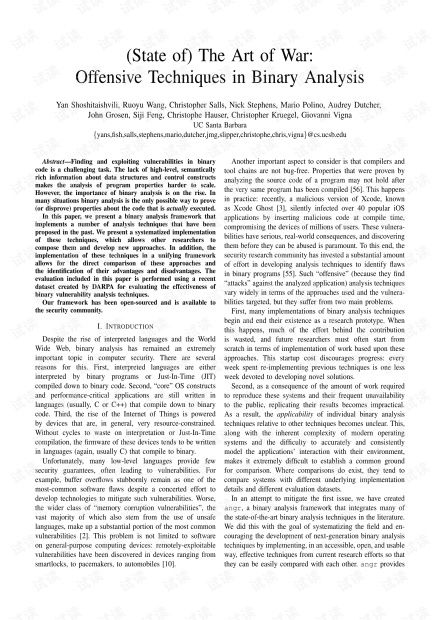Content:
Introduction: Dragonfish, known for their majestic scales and vibrant colors, have long been a sought-after species among fish enthusiasts. As the popularity of dragonfish continues to soar, many anglers are eager to learn the secrets of successfully raising these magnificent creatures. Whether you're a seasoned angler or a beginner, this article will provide you with valuable tips and techniques to help you cultivate and nurture your own dragonfish. So, if you're ready to embark on a journey to become a dragonfish master, let's dive right in!
Understanding Dragonfish Behavior: Before you start raising dragonfish, it's crucial to understand their behavior and habitat. Dragonfish are known for their territorial nature and require a spacious environment to thrive. They are also quite active and require a diet rich in proteins and vitamins. By familiarizing yourself with their habits, you'll be better equipped to create an ideal living space for your dragonfish.
1 Habitat: To accommodate the needs of dragonfish, you'll need a large, well-maintained tank. The tank should be at least 100 gallons, with a depth of 48 inches to provide ample room for swimming. Ensure the tank is equipped with proper filtration and aeration systems to maintain water quality.
2 Tank Setup: Decorate the tank with rocks, driftwood, and plants to mimic the dragonfish's natural habitat. This will not only provide them with hiding spots but also contribute to their overall well-being. Avoid using bright lights, as dragonfish prefer dimly lit environments.

Water Quality: Maintaining optimal water quality is essential for the health and growth of dragonfish. Here are some key factors to consider:
1 Temperature: Dragonfish thrive in temperatures ranging from 72°F to 82°F (22°C to 28°C). Use a reliable aquarium heater to regulate the temperature and keep it consistent.
2 pH Level: The pH level of the water should be between 6.5 and 7.5. Test the water regularly using a pH test kit and adjust as necessary.
3 Ammonia and Nitrite Levels: Ammonia and nitrite are toxic to dragonfish. Regular water changes and the use of a high-quality filter will help maintain low levels of these substances.
Diet and Feeding: A balanced diet is crucial for the growth and health of dragonfish. Here are some feeding tips:
1 Diet Composition: Feed your dragonfish a diet consisting of high-quality fish flakes, pellets, and live or frozen foods such as krill, shrimp, and earthworms. Ensure the food is rich in proteins and vitamins.
2 Feeding Schedule: Feed your dragonfish twice a day, offering small portions to prevent overfeeding. Monitor their eating habits and adjust the amount of food accordingly.
Breeding Dragonfish: Breeding dragonfish can be a challenging but rewarding endeavor. Here are some tips to increase your chances of success:
1 Mate Selection: Choose healthy, mature dragonfish with vibrant colors and good body condition. Look for signs of aggression or poor health, as these can affect breeding success.
2 Tank Preparation: Prepare a separate breeding tank with similar conditions to the main tank. This will help reduce stress on the fish during the breeding process.
3 Breeding Process: Monitor the behavior of your dragonfish closely. Once they show signs of courtship, such as chasing each other or nipping at fins, it's time to introduce them to the breeding tank. Provide plenty of plants and hiding spots for the female to lay her eggs.
Common Health Issues: Like all fish, dragonfish can suffer from various health issues. Here are some common problems and their solutions:
1 Ich (Ichthyophthirius multifiliis): Ich is a highly contagious disease that affects the gills and skin of fish. Treat the tank with an ich-specific medication and perform regular water changes.
2 Fin Rot: Fin rot is caused by poor water quality and can be prevented by maintaining optimal water conditions. Treat the affected fish with an antibacterial medication and improve water quality.
3 Bulging Eyes: Bulging eyes, or popeye, can be caused by various factors, including poor water quality, injury, or disease. Treat the affected fish with an antibiotic and improve water conditions.
Conclusion: Raising dragonfish can be a challenging but incredibly rewarding experience. By understanding their behavior, maintaining optimal water quality, and providing a balanced diet, you'll be well on your way to becoming a dragonfish master. Remember to be patient and attentive to your fish's needs, and you'll soon be enjoying the beauty and grace of these magnificent creatures in your own home aquarium. Happy fishing!












